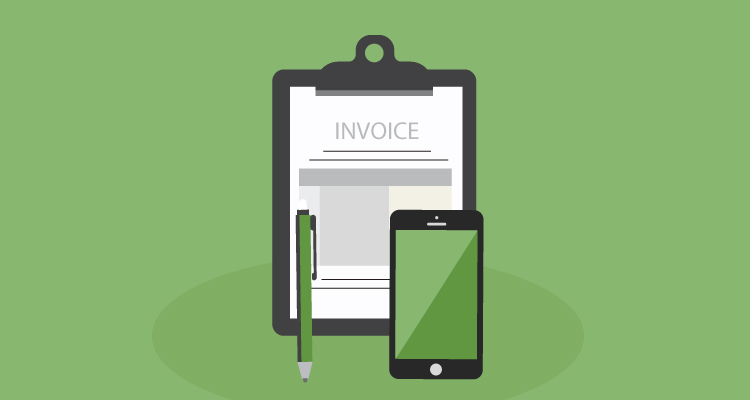Ideally, you would never run into a situation where you can’t pay an invoice. But sometimes you may find your business bank account is a little low and you’re unable to make a payment. Before you panic, know that you do have some options. Here are a few next steps you can take:
Table of Contents
ToggleNotify the Invoice Issuer
Don’t hide from the problem—stay on top of it. Call or email the invoice issuer right away to let them know the payment will be late. The company or individual may be able to set up a payment arrangement with you.
There have been multiple occasions for me when a client disappeared and ignored my emails about an invoice for a month. Then they would miraculously pop up out of nowhere to pay the invoice when they were ready to ask me to do more work. This puts a bad taste in your mouth.
If you want to work with a company or contractor in the future, they’ll probably be less inclined to work with you again when you’ve given them the run around with old payments. People may be a bit more understanding when you try to get ahead of it rather than ignore all emails about the late payment like it doesn’t exist.
Borrow Money
Check or ACH transfer isn’t the only way to make a payment. If you have a business credit card, there may even be perks for using it. Transactions on business credit cards with rewards could help you rack up points for travel and other benefits.
Just be careful that you’re not haphazardly accumulating debt onto a business credit card with no means of paying it off. Debt can put a stress on your business’s finances. Plus interest charges and fees on your account could offset any financial benefit you get from card rewards.
Another option is taking out a loan for your business. A loan may have a better interest rate than business credit cards. If you think the debt will take you a while to pay off and you need financing for other things too, a small business loan could be a more affordable option. Consider all of your options carefully before deciding. Whether it’s a good idea to borrow money can depend on numerous business factors.
Collect Your Own Unpaid Invoices
If cash flow is tight, it could be that your own invoices are going unpaid. Follow up on outstanding invoices. Get the customers to give you a timetable for when the money will be paid. If your payment process is cumbersome, you could give them an online payment option to encourage faster payment so you can catch up on your own bills.
Final Word
Realizing you can’t pay an invoice can be devastating. It can feel like you’re failing as a business owner when you don’t have the funds to cover your expenses. Take a deep breath. Ask for an invoice extension or payment plan if necessary. Think about borrowing money and make sure that you’re collecting all money that’s due to you.











